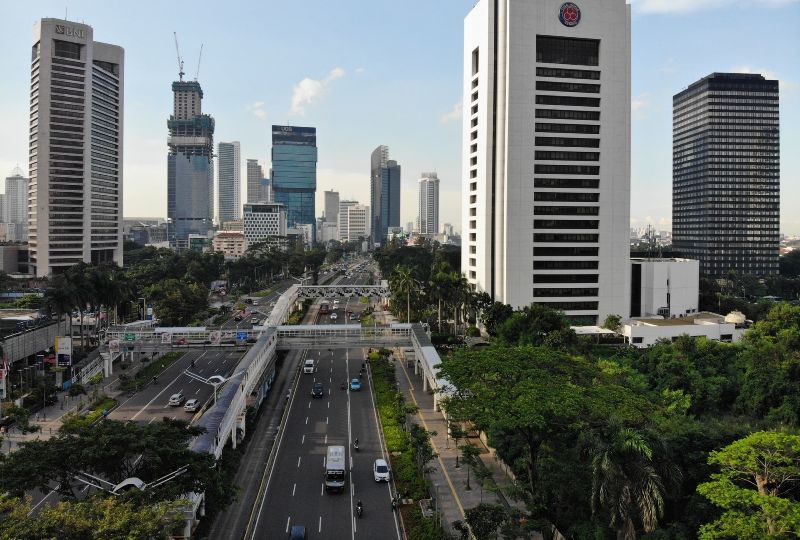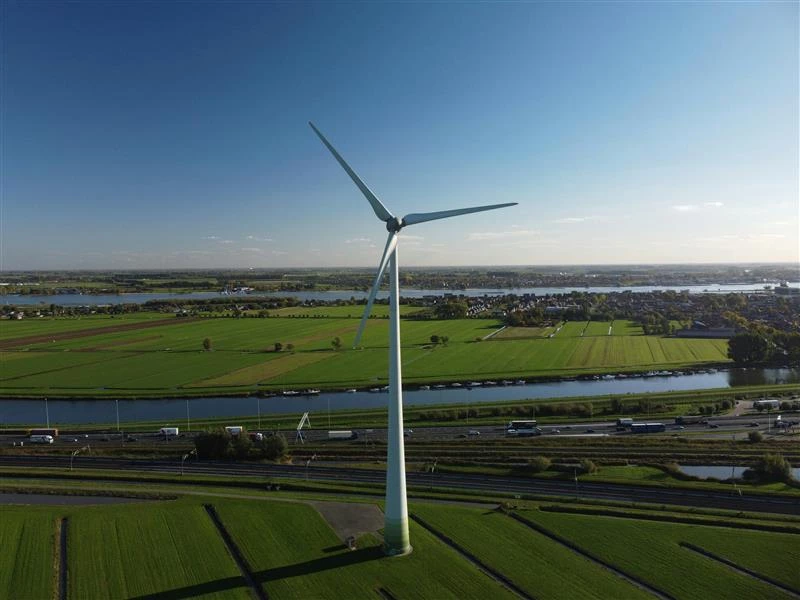With Indonesia’s 100 Smart Cities initiative in its fourth official year (eighth if Bandung’s 2013 start is counted), more regions in the country are ramping up their respective programs to help fulfill the 100-city goal by 2045. Encouraged by the success of Bandung, Jakarta, and West Java, digitalization is sweeping the nation through both small-scale and larger programs designed to introduce “smart” technology to Indonesians’ everyday lives.
The goal of 100 smart cities is ambitious, but the Indonesian government is confident in its achievement through a carefully designed roadmap that highlights six key pillars for local governments and potential collaborators to focus on, each with very specific objectives:
Smart Governance
A full transition to e-governance is the main objective of this pillar, and currently smart cities across the country are utilizing mobile apps and platforms for everyday government transactions and appointments; city-wide command centers for monitoring and operations are also being built by local governments. Moving forward, incorporating AI assets for smart surveillance and big data analytics is looking to be what is needed from potential partners.
Smart People
Creating a tech-literate population is crucial for smart city initiatives to succeed. Successful online learning programs and software have been introduced by educational start-ups and institutions in different regions. Building a proactive community through online reporting platforms and services is gearing up to the next step for technological acclimation—something prospective collaborators should keep in mind for future projects.
Smart Infrastructure & Mobility
Developing secure IT-based networks and systems are integral to the development of a smart city. One such system is the Adaptive Traffic Control System (ATCS), which allows traffic lights to adjust based on the volume of vehicles for less idle time. More local smart city governments are looking to partner with ride-hailing start-ups and application developers to improve mobility within their areas and make transport more efficient for all.
Smart Economy
When it comes to stimulating the local economy, smart cities are dependent on attracting Micro Small Medium Enterprises (MSMEs) to make the area their home and help build the city’s creative branding, identity, and entrepreneurship programs. E-commerce players and regionally- and locally-owned enterprises are perfect partners for smart cities to foster a robust and creative environment where innovation, ingenuity, and digitalization thrive.
Smart Living
Improving day-to-day life is a major goal for smart cities. They require open access to education, healthcare, and security as the main objectives for local governments to focus on to achieve “smart living.” Healthcare providers, technology companies, and even property developers are vital partners for smart cities to build a more connected community with ample solutions for telemedicine, e-learning, and tech-forward homes.
Smart Environment
Creating a “green city” through renewable energy resources, IT-based environmental services, and solar-powered infrastructure is the ideal for a smart city’s growth. Preserving greenery by reducing carbon emissions and greenhouse gases can be done through proper planning and the commitment of partners like renewable energy start-ups and tech-driven enterprises.
Collaboration is key to achieve efficient smart city development. As more cities across Indonesia are taking steps to adopt “smart” changes in these six pillars, potential business partners are being given a unique opportunity to utilize their resources and talents to innovate, create, and put their own stamp on the cities of the future. Discover how your business can be part of this exciting journey by reading our full report here.
For more timely business news and insights, subscribe to our newsletter here.







